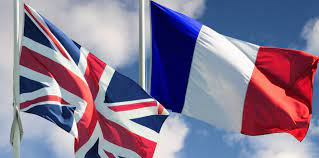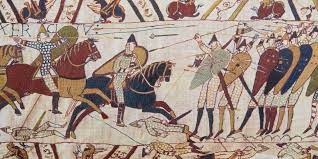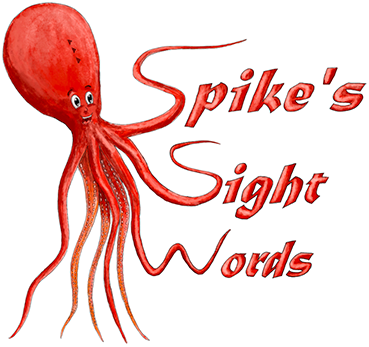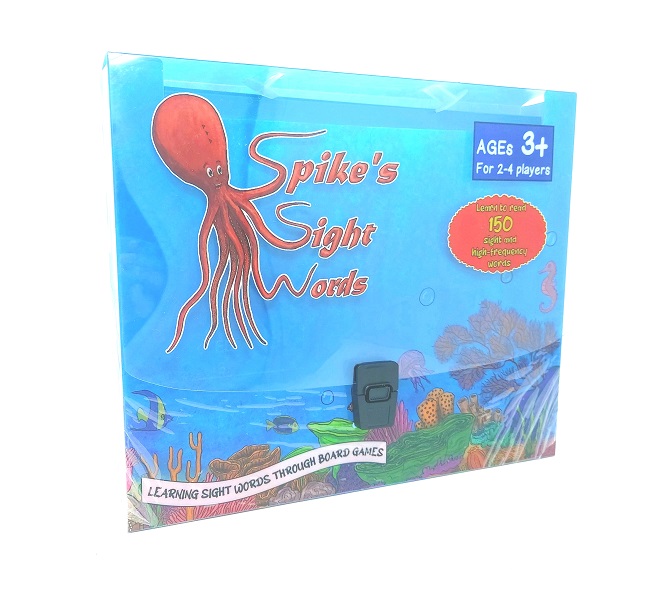
French words we use in English
Did you know that English is so close to the French language, that around 30% of English words come from the language?
Why are there French words in the English language?
The origin of the English language is a topic linguists love to debate and discuss. English is actually a Germanic language but it shares a lot of vocabulary with French.
The Basic History Behind It
The Norman Conquest of 1066 was a key event that led to French words being used in England. Following the conquest, England was ruled by the Normans who spoke a northern form of Old French called Anglo-Norman French.
Under Norman rule, Anglo-Norman French began to influence the language of administration, law and culture in England, and hence making its mark on the English language.

How many French words are there in English?
Can you believe that there are around 7,000 French words in the English Language?
Believe it or not, though, there were plenty more English words that came from French (and typically Latin) roots originally – around 10,000, to be exact.
here are some words – how many do you use?
- Allowance – from the Old French word alouance (payment)
- Apostrophe – from the French word apostrophe
- Attaché – from the French word attaché (attached)
- Apéritif – from the French word apéritif
- Avant-garde – from the French word avant-garde
- Aviation – from the French word aviation
- Bachelor – from the Anglo-Norman word bacheler (bachelier in modern French)
- Baguette – from the French word baguette (stick)
- Ballet – from the French word ballet
- Beret – from the French word béret
- Bon voyage – from the French phrase bon voyage (have a good journey)
- Brunette – from the French word brunette
- Bureau – from the French word bureau (desk, office)
- Cabaret – from the French word cabaret
- Cadet – from the French word cadet
- Champagne – from the French word champagne
- Chauffeur – from the French word chauffeur
- Chic – from the French word chic (elegant)
- Cliché – from the French word cliché
- Connoisseur – from the French word connoisseur
- Cul-de-sac – from the French word cul-de-sac (bottom of the bag/sack)
- Debris – from the French word débris (broken, crumbled)
- Déjà vu – from the French words déjà (already) and vu (seen – past participle of ‘voir’)
- Delegate – from the Old French word delegat
- Detour – from the French word détour (from détourner)
- Dossier – from the French word dossier
- Eau de toilette – from the French word eau de toilette
- Elite – from the Old French word elit (chosen)
- Energy – from the Middle French word énergie
- En route – from the French en route
- Envisage – from the French word envisager
- Expatriate – from the French word expatrier
- Facade – from the French word façade
- Faux, as in faux fur – from the French word faux (false)
- Faux-pas – from the French word faux pas
- Fiancé – from the French word fiancé
- Film noir – from the French word film noir (a film genre)
- Gallery – from the Old French word galerie
- Gastronomy – from the French word gastronomie
- Gateau – from the French word gâteau
- Gazette – from the French word gazette
- Heritage – from the Old French word eritage (héritage in modern French)
- Homage – from the Old French word homage
- Hotel – from the French word hôtel
- Identity – from the Middle French word identité
- Illusion – from the Old French word illusion
- Insult – from the Middle French words insult (noun) and insulter (verb)
- Irony – from the Middle French word ironie
- Jubilee – from the Middle French word jubile (modern French jubilé)
- Kilogram – from the French word kilogramme
- Lacrosse – from the Canadian French word la crosse (the stick)
- Laissez-faire – from the French word laissez-faire (leave things to take their course)
- Liaison – from the French word liaison
- Literature – from the Old French word littérature
- Machine – from the Middle French word machine
- Magnificent – from the Middle French word magnificent
- Maisonette – from the French word maisonette
- Massage – from the French word massage
- Menu – from the French word menu
- Metabolism – from the French word métabolisme
- Metro – from the French word métro
- Musketeer – from the French word mousquetaire
- Navy – from the Old French word navie
- Neutral – from the Middle French word neutral
- Nocturnal – from the Middle French word nocturnal
- Novel – from the Old French word novel
- Occasion – from the Middle French word occasion
- Omelette – from the French word omelette
- Optimism – from the French word optimisme
- Papier-mâché – from the French word papier-mâché
- Parasol – from the French word parasol
- Poetic – from the Middle French word poétique
- Premiere – from the French word première
- Purify – from the Old French word purifier
- Recipient – from the Middle French word récipient
- Rendez-vous – from the French word rendez-vous (appointment)
- Reservoir – from the French word ‘réservoir’ (collection place)
- Restaurant – from the French word restaurant
- Ricochet – from the French word ricochet
- Rich – from the French word riche
- Ridicule – from the French word ridicule
- Risqué – from the French word risqué
- Sabotage – from the French word sabotage
- Salad – from the French word salade
- Sentiment – from the Old French word sentement
- Silhouette – from the French word silhouette
- Solicitor – from the Middle French word soliciteur
- Souvenir – from the French word souvenir (memory)
- Soufflé – from the French word soufflé
- Soup – from the French word soupe
- Technique – from the French word technique
- Television – from the French word télévision
- Tournament – from the Old French word tornoiement (tournoiement in modern French)
- Uniform – from the Middle French word uniforme
- Utensil – from the Old French word utensile
- Valid – from the Middle French word valide
- Variety – from the Middle French word varieté
- Vinaigrette – from the French word vinaigrette
- Zest – from the French word zeste
ARE YOU AS AMAZED AS US AS TO HOW MANY WORDS WE USE?
DO YOU PRONOUNCE THESE WORDS WITH A FRENCH ACCENT?


